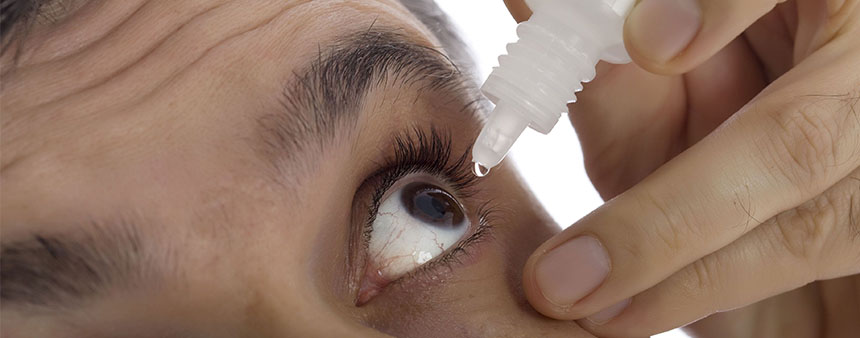What are the Cares after Cataract surgery?

Dr. Adib Moghaddam received the Lebanese Ophthalmology Society (LOS) Medal
2018-11-17
What’s the difference between LASIK and Refined TransPRK?
2018-12-05The eye lens is cloudy with cataracts, causing blurred vision and, in more advanced stages, causing double vision in the patient. One of the treatments for cataract is surgery. Cataract surgery is considered a relatively straightforward day surgery procedure, with a patient returning home within several hours of the operation. If you, or someone close to you, is undergoing cataract surgery, you are most likely looking for information about the procedure – for more information on cataract surgery click here. This article is designed to help you understand what to expect for the hours, days and weeks post cataract surgery. In this paper, we examine the different stages of care in different time periods after cataract surgery. Come along to the following.
Cares after Cataract surgery
Immediately after cataract surgery: Before you leave the day surgery, you will be prescribed eye drops or other medication to prevent infection, reduce inflammation and control eye pressure. You will need to have a family member or friend with you to take you home. Once you get home, it is recommended that you rest your eyes and nap. Several hours’ post-surgery, most people are able to watch some television or look at a computer screen for a short period of time. Because cataract surgery is only performed on one eye at a time, you may notice an imbalance in your vision until the second eye is operated on (from 1–4 weeks later).
Days after cataract surgery: It is normal for vision to be blurry in the beginning – your eye needs to heal and adjust. Vision will normally begin to improve within a few days of the surgery. It’s also normal for your eye to feel itchy and to experience mild discomfort for a couple of days – your doctor will ask you to wear an eye patch or protective shield at night to ensure you don’t rub your eye while you sleep. This discomfort should disappear after a few days.
Tips for post cataract surgery
Although most people can resume everyday activities 24 hours after cataract surgery, there are a few instructions that you will be asked to follow. They include:
- Follow your doctor’s orders regarding any antibiotic and anti-inflammatory eye drops. These are important to prevent infection and inflammation and ensure proper healing. If you have difficulty in administering them, get a friend or family member to help you out.
- Don’t do any strenuous activities for a few weeks. Avoid rigorous exercise and heavy lifting.
- Don’t drive. The length of time after cataract surgery before you can drive depends on a number of factors – your doctor will tell you when it is safe to resume driving.
- Stay away from dusty areas. It’s a great idea to have your house vacuumed and cleaned before surgery, as your eyes will be sensitive to airborne allergens such as dust.
- Don’t rub your eye. Eye rubbing is a quick way to develop a nasty infection. It’s never a good idea, even when you aren’t recovering from surgery.
- Don’t swim. It’s best to avoid swimming or hot tubs for a week after surgery.
- Don’t wear make-up. Ask your doctor when you can resume doing so.
Dangerous symptoms after cataract surgery
If you experience any of the following symptoms, please contact your ophthalmologist:
- Vision loss
- Pain that persists despite the use of over-the-counter pain medications
- Light flashes or multiple spots (floaters) in front of your eye
- Nausea, vomiting or excessive coughing




